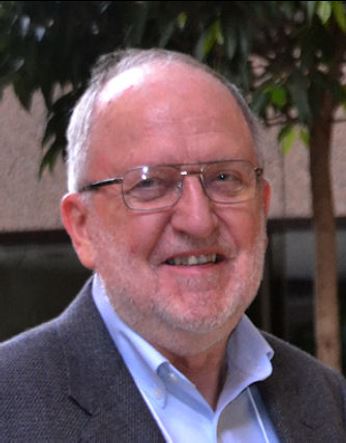| |
|---|
| Charlton Clark is the Program Manager for Grid Integration within the Wind and Water Power Technologies Office in the Office of Energy Efficiency and Renewable Energy (EERE) at the Department of Energy (DOE). In this role, he manages efforts to improve the deployment of wind energy and pumped hydro storage into the power system, support the adoption of successful integration techniques by utilities and broaden the understanding how the power system can be designed and operated with large amounts of wind power and how pumped storage can support growing needs for system flexibility. Prior to his arrival at DOE, Mr. Clark was a Staff Witness at the Federal Energy Regulatory Commission. While working at FERC, Mr. Clark testified on a variety of engineering related issues in cases before the Commission including topics such as: generator availability metrics, issues surrounding reactive power, transmission facility upgrades and other issues. Mr. Clark also participated in the successful negotiation of dozens of cases covering a variety of topics. Mr. Clark holds a Bachelor's and a Master's in Electrical Engineering from New Mexico State University, as well as, a graduate minor in Utility Regulatory Economics from the Center for Public Utilities at NMSU.
| 
| J. Charles Smith is a member of the IEEE Power and Energy Society; a member of CIGRE, the International Council on Large Electric Systems; a member of the American Meteorological Society; a US representative to the IEA Wind Annex Task 25 on Design and Operation of Power Systems with Large Amounts of Wind Power, and a Fellow of the IEEE. He is a guest editor for the IEEE Power and Energy magazine, and a past editor for the IEEE Transactions on Sustainable Energy. Mr. Smith received the IEEE PES Ramakumar Family Renewable Energy Excellence Award in 2014. He received his BSME and MS degrees from MIT in 1970. He currently serves as the Executive Director of the Utility Variable-Generation Integration Group (UVIG). Previously, he served as President of Electrotek Concepts, a power engineering consulting firm. He has over 45 years of experience in the electric power industry.
| 
| Dale Douglass From 1999 through 2014, Dr. Douglass was a Principal Engineer with Power Delivery Consultants, Inc., in Ballston Lake, NY. At PDC he consulted for a wide variety of manufacturers, consultants, and power utilities concerning statistical and dynamic thermal rating of overhead lines, substation terminal equipment, and power transformers, overhead line failure analysis and design, application of high temperature conductor, and limitation of wind-induced conductor motions. He taught courses and seminars involving transmission line design, uprating and line monitoring.
In 2015, he became principal of Douglass Power Consulting, LLC, where he continues to provide consulting services on: high-temperature sag calculation; aging behavior of conventional and high-temperature conductors; real-time line monitoring and rating; and field evaluation of utility line thermal ratings. He continues to present courses & seminars on voltage and current uprating of lines, conductor selection, and field verification of line ratings. |
|---|
|
|


